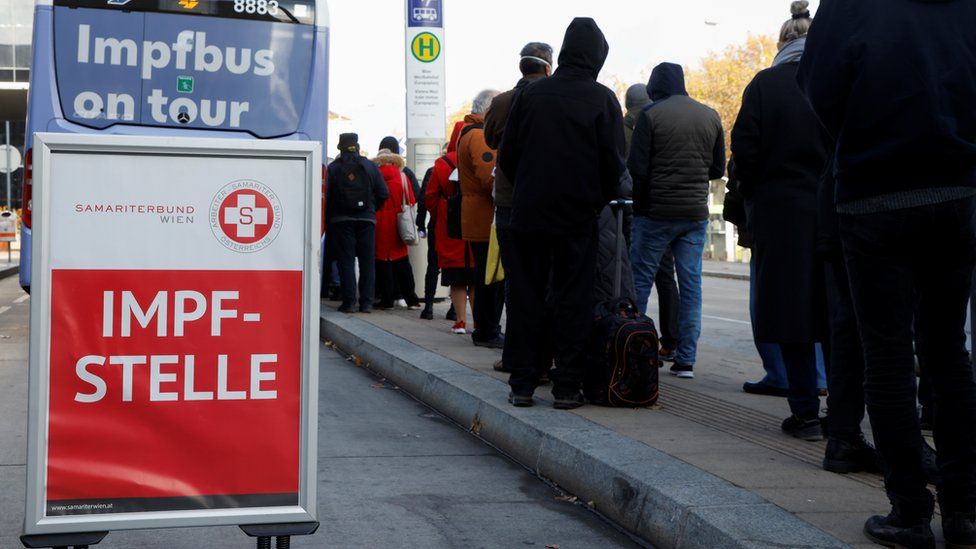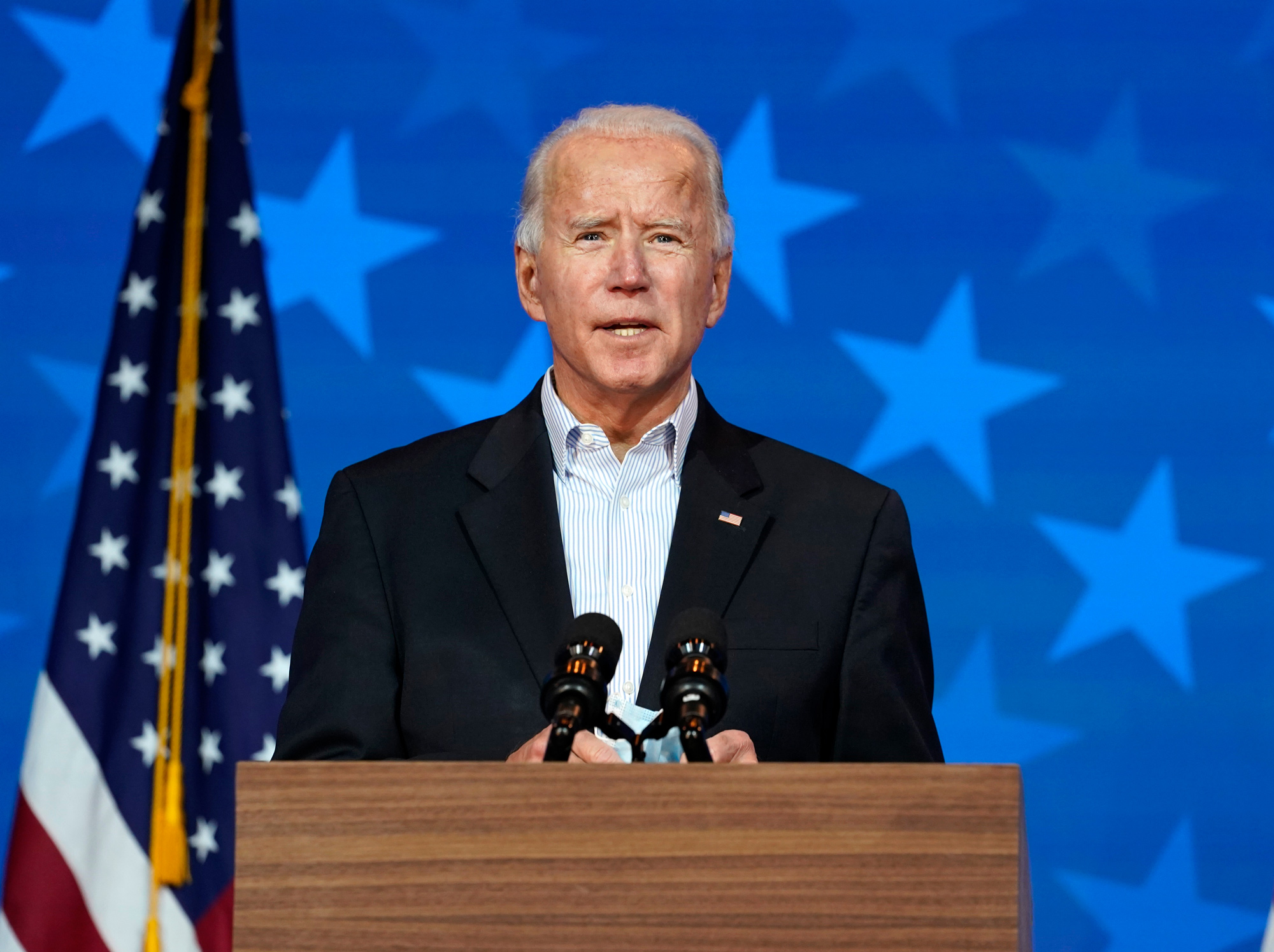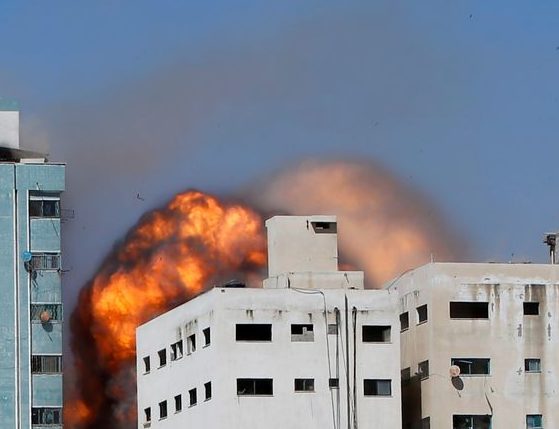Brexit: UK leaves the European Union
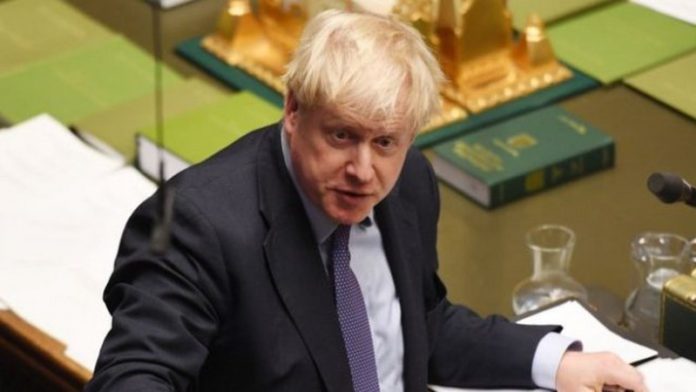
The United Kingdom (UK) has officially left the European Union after 47 years of membership – and more than three years after it voted to do so in a referendum.
The historic moment, which happened at 23:00 GMT, was marked by both celebrations and anti-Brexit protests.
Candlelit vigils were held in Scotland, which voted to stay in the EU, while Brexiteers partied in London’s Parliament Square.
Boris Johnson has vowed to bring the country together and “take us forward”.
In a message released on social media an hour before the UK’s departure, the prime minister said: “For many people this is an astonishing moment of hope, a moment they thought would never come.
“And there are many of course who feel a sense of anxiety and loss.”
He said some had worried the political “wrangle” would not end but it was his job to take the country forward.
How did the UK mark the moment?
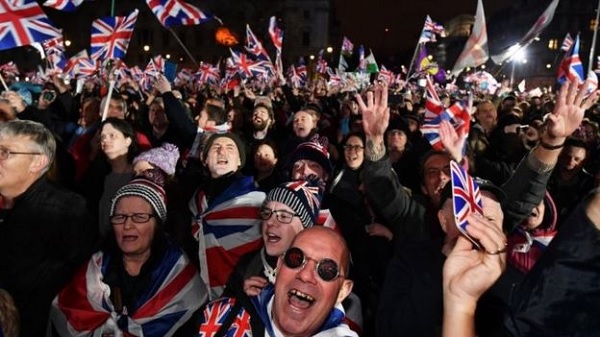
Brexit parties were held in pubs and social clubs across the UK as the country counted down to its official departure.
Hundreds gathered in Parliament Square to celebrate Brexit, singing patriotic songs and cheering speeches from leading Brexiteers, including Nigel Farage.
The Brexit Party leader said: “Let us celebrate tonight as we have never done before.
“This is the greatest moment in the modern history of our great nation.”
Pro-EU demonstrators earlier staged a march in Whitehall to bid a “fond farewell” to the union – and anti-Brexit rallies and candlelit vigils were held in Scotland.
Police in Whitehall arrested four men and also charged one man with criminal damage and being drunk and disorderly, while in Glasgow one man was arrested.
Meanwhile, other symbolic moments on a day of mixed emotions included:
- The Union flag being removed from the European Union institutions in Brussels
- The Cabinet meeting in Sunderland, the first city to declare in favour of Brexit when the 2016 results were announced
- A light show illuminating 10 Downing Street and Union flags lining The Mall
- A 50p coin to mark the occasion entering circulation
- The building of the UK government’s delegation to the EU changed its name and sign

The government’s EU delegation has changed its name from “representation” to “mission”
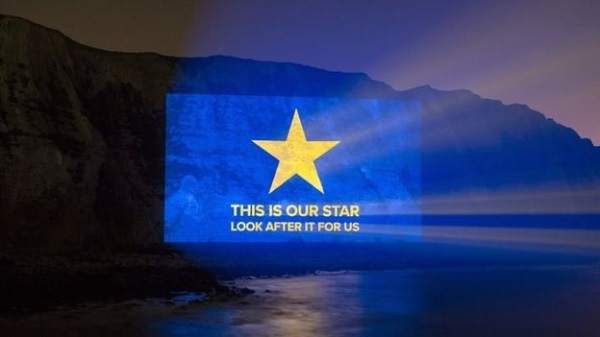
A pro-EU group earlier projected a message onto the White Cliffs of Dover
In Northern Ireland, the campaign group Border Communities Against Brexit staged a series of protests in Armagh, near to the border with the Irish Republic.
The Irish border – now the UK’s land border with the EU – was a major sticking point in the Brexit divorce talks.
NI and the Irish Republic “will continue to remain neighbours”, said NI First Minister Arlene Foster on RTÉ on Friday.
At 23:00 GMT, Scotland’s First Minister Nicola Sturgeon tweeted a picture of the EU flag, adding: “Scotland will return to the heart of Europe as an independent country – #LeaveALightOnForScotland”.
Ms Sturgeon is calling for a new referendum on Scottish independence, arguing that Brexit is a “material change in circumstances”.
Speaking in Cardiff, Welsh First Minister Mark Drakeford said Wales, which voted to leave the EU, remained a “European nation”.
Labour MP Hilary Benn, who chairs the Brexit select committee and backed Remain, said he was “sad last night… but we have to accept it”.
He told BBC Radio 4’s Today programme the UK was always a “reluctant” EU nation, adding: “We joined late and we left early.”

Pro-EU campaigners take part in a “Missing EU Already” rally outside the Scottish Parliament

